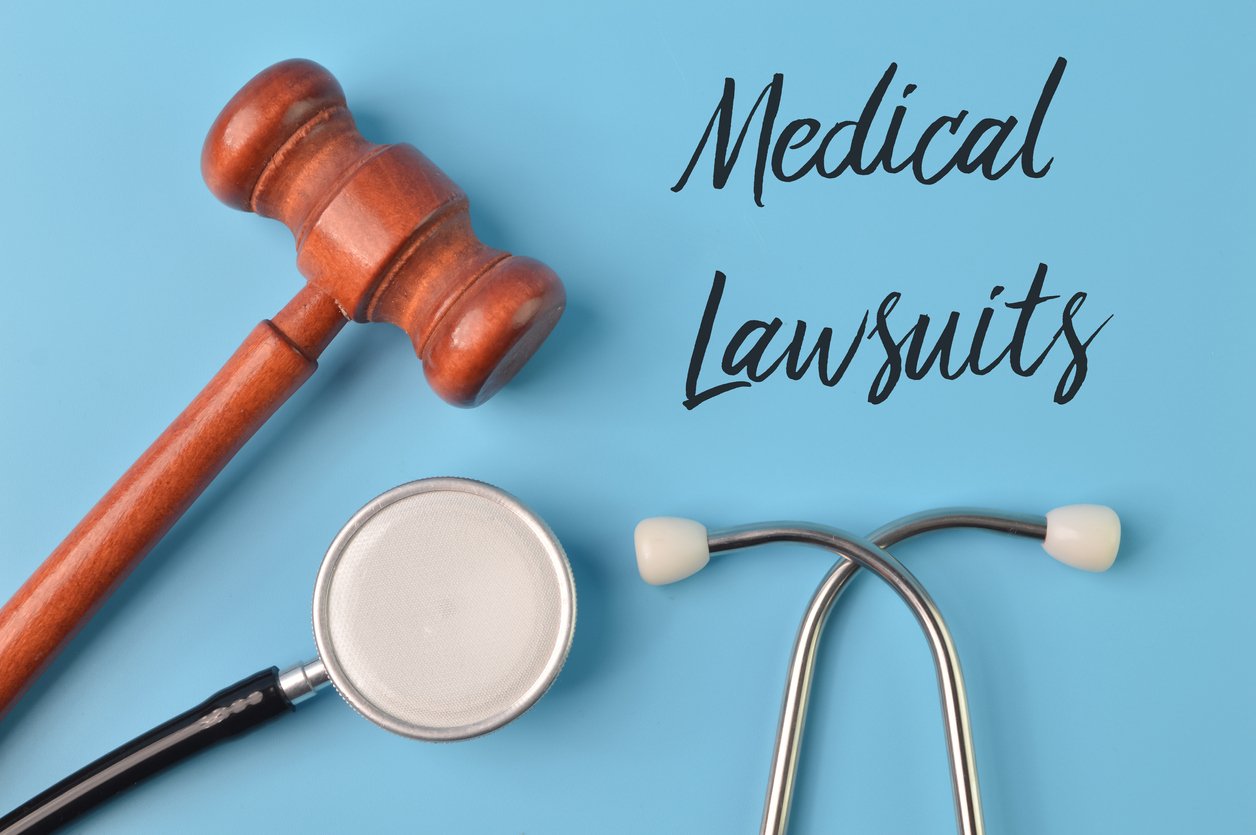Basics of Being Sued: Malpractice in Emergency Medicine
Basics of Being Sued: Malpractice in Emergency Medicine
Oct. 17, 2022
EMRA*Cast host Ranjita Raghavan, MD, (@DrRanjitaMD) speaks with Camie Sorensen, MD, FACEP, of St. Agnes Hospital about the medico-legal realities of practicing emergency medicine.
Host
Ranjita Raghavan, MD
The Mount Sinai Hospital Emergency Medicine Residency, PGY-4
EMRA*Cast host Ranjita Raghavan, MD, (@DrRanjitaMD) speaks with Camie Sorensen, MD, of St. Agnes Hospital (@AgnesEmr) about the medico-legal realities of practicing emergency medicine.
Overview
Statistics show 75% of emergency physicians are named in malpractice lawsuits during their career - and the only correlation with being sued is the number of years practiced and the number of patients seen over time. Being sued does not mean you are a bad doctor, but rather you are practicing in a high-risk specialty.1
Join EMRA*Cast host Ranjita Raghavan, MD, (@DrRanjitaMD) and Camie Sorensen, MD, of St. Agnes Hospital (@AgnesEmr) in a discussion of the medico-legal realities of practicing emergency medicine.
Three major points to know about being sued:
- Be aware of the prevalence of lawsuits and make this less of shameful topic to discuss.
- Empower yourself with knowledge of what will happen and what to do if you get sued.
- Understand how to identify and activate your resources and support network.
First thing to do if you get named in a lawsuit….
- Find a good lawyer - and then trust them.
- Realize that lawsuits typically extend over 3-4 years. This is also why it is very important to know your support networks; lawsuits can strain your personal relationships. You are told you cannot talk to anyone about it, but there is a lot more support than you may realize.
- Prep well for your deposition, as this is the most important part of the process that you impact.
Protected relationships usually include conversations with your spouse, attorney, or clergy/therapist. Also, realize that you are allowed to talk about your feelings about this to other people; you simply cannot discuss the actual case.
Good malpractice coverage should protect both your license and your assets. Know your coverage because certain types will not let your choose your lawyer, and some will also make the decision of whether you are going to court or settling, so it's important to understand your coverage and some of these factors – it is not just the dollar amount that is important.
Pro-tips:
- Become good documenters – your documentation is very important and will be analyzed in any legal proceeding. Since you can't always anticipate lawsuits and you can’t remember every detail of every case, you must rely on your documentation.
- Physical exam is very important so make sure to update any dot phrases accurately and delete parts you did not perform.
- MDM – we don't need to test for everything, but this is what illustrates your thought processes at the time, so pay close attention to what you write as your reasoning for your work-up.
- Consider attending courses/lectures on risk management. These are usually covered by your malpractice insurance and will give you in-depth knowledge on the legal process of a malpractice suit.
References
- Wong KE, Parikh PD, Miller KC, Zonfillo MR. Emergency Department and Urgent Care Medical Malpractice Claims 2001-2015. West J Emerg Med. 2021;22(2):333-338.





